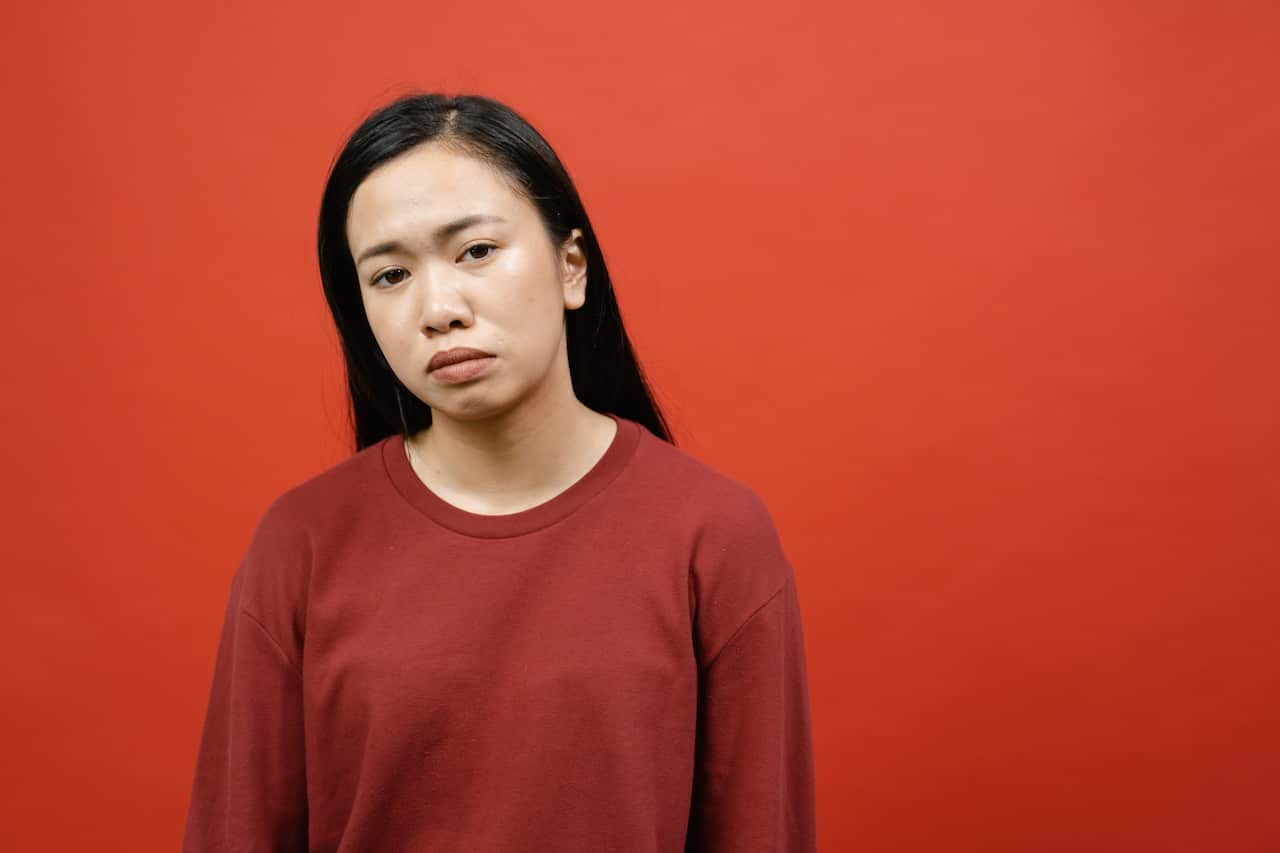Highlights
- Feeling of inferiority and desiring Western features are some signs of colonial mentality amongst Filipinos.
- Some can have biases against less-Westernised Filipinos.
- Decolonising the mind can take a long time and will take purposeful action.
"I used to work as a virtual assistant for Americans and Australians when I was still in the Philippines. Even if I spoke English well, I was extra aware of my words when I talked with them. I hate to admit this, but I felt intimidated."
Candice Garcia, a NSW mental health counsellor specialising in issues such as anxiety and self-esteem, shares that intimidation is one of the researched signs of colonial mentality amongst Filipinos.
Passing on feelings

Colonial mentality is an engrained attitude of inferiority felt by a people brought about by colonisation.
"A huge chunk of Philippine history is of colonisation, so we grew up with feelings of inadequacy that have been passed on to us from our ancestors," Candice shares, "This feeling of inadequacy even streams down to the way we feel about imported goods being better than Filipino products."
This feeling of inadequacy is quantified and scientifically studied in both the Colonial Mentality Scale (CMS) and Colonial Mentality Implicit Association Test (CMIAT).
According to the data discovered by both studies, there are five symptoms of colonial mentality amongst Filipinos:
- Feelings of inferiority for being Filipino;
- Feelings of shame, embarrassment, resentment, or self-hate about being a person of Filipino heritage;
- Denigration of the Filipino body (regarding white physical characteristics as more attractive, advantageous, and desirable than typical Filipino physical traits such as brown skin and flat nose);
- Discriminating against less-Westernized Filipinos (e.g., making fun of people from the provinces—“Promdi”—or indigenous peoples and regarding them as “backward”); and
- Tolerating or minimizing historical and contemporary oppression of Filipinos (because such oppression is accepted as the appropriate cost of civilization).
The 'competitive advantage' of whiteness

"For Filipinos living in the Philippines, Caucasian skin and features like blonde hair and blue eyes are unusual. Brown skin and black hair are commonplace, so even if you're conventionally attractive, you're not seen as attractive as someone who is mestiza or mestizo [combination of Filipino and white foreign ancestry]," Candice shares.
The affinity for the mestiza or mestizo is evident in media, with half-Filipino, half-white celebrities being preferred and mestiza beauty queens outnumbering brown-skinned potentials.
"We have a lot of whitening products in the Philippines because there is a need to be noticed, to stand out and be considered as attractive. Whiteness gives you a sort of competitive advantage.
"Generalisations have accumulated throughout the centuries that white is better than brown, that white skin is an indicator of being more educated and being part of the upper class. Those generalisations are hard to shake."
Language and accents

Judgments are also made against people who don't speak English or aren't good at it.
"In the early 90s, from what I remember, English was pushed as not only the medium of intruction in Filipino schools, but also the mandated language even when just conversing with your classmates. You were supposed to use English. It was considered as the language of the educated.
"But just because someone can't speak or understand English well doesn't mean they are uneducated or stupid."
The choice of English over Filipino, as well as the preference of an Australian accent over a Filipino accent are indicators of colonial mentality.
"Living in Australia means having to adapt to the way of life here and, even to the accent at times. Even if I speak English well, sometimes I am not understood because of my accent; so I may need to alter it.
"What is funny though is that some Filipino migrants still use the Australian accent when talking to fellow Filipinos here and back home."
Candice explains that there are different reasons and motivations for this.
"One could be that they're so used to speaking a certain way that they subconsciously carry that over even when conversing with fellow Filipinos. Another possibility is there's a desire to 'show off', to let others know that they've adapted easily to life here even if the accent sounds forced. For other people, having that accent is a status symbol. It means I'm sosyal [colloquial term to mean 'rich' or 'upper class'] and in a sense, better and more competitive.
"On the flipside, while one refuses to speak Filipino and takes on a different accent they grew up with, other Filipinos may look at this negatively. As the person 'trying too hard' and being arrogant."
Cool culture

Luckily, there seems to be a change in how Filipino culture is now perceived.
"Certain aspects of our culture are now being promoted as modern, as 'cool' almost. There's a revisiting of language, a desire to learn it especially amongst Filipinos born abroad."
According to Candice, aspects of culture such as fashion and cuisine are being modernised and there is a national effort to promote them in the country as well as overseas.
"Celebrities push for Filipino products and of course, their followers buy into this. Features promoting culture are written. Promoting brownness as beautiful is important."
Candice admits that it will take time and a collective effort to change cultural attitudes.
"Activities to make culture 'cool' should be done consistently and often because colonial mentality is hard to shake. It will take time, but constant cultural exposure will help in its appreciation."
